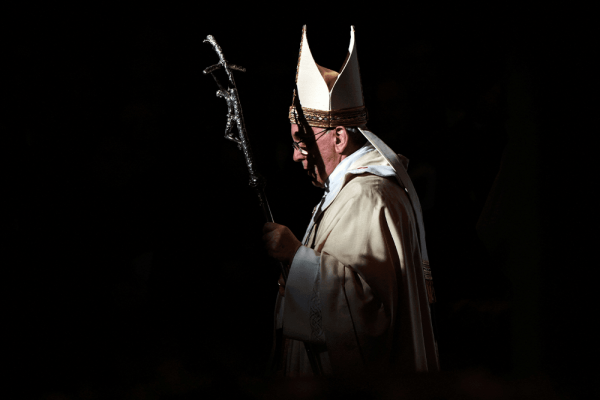As the climate crisis intensifies and crystallizes, the tangible effects of climate change today are disproportionately dispersed on both the national and global scale. Communities and entire nations who do the least to contribute to rising greenhouse gas emissions bear the enormous burden of climate disaster first and worst on their bodies and their livelihoods.
In the U.S., African Americans have greater exposure to toxins than white people for 13 out of 14 air pollutants. Hispanics have the highest exposure for 10 out of 14. These factors present a plethora of health challenges to these communities, such as cardiovascular disease, asthma and other respiratory diseases, cancer, and premature death. More than 50 percent of people who live within two miles of a toxic waste facility are people of color.
Even as the population of people of color grows closer to becoming the majority of the population in the U.S., one may wonder why environmental justice issues have not yet become national priorities. In the wake of natural disasters profoundly exacerbated by climate change, black and brown communities are most vulnerable and at risk physically, financially, mentally, and socially. And they face further marginalization during the disaster recovery process. After Hurricane Katrina, over 50 percent of those who lived in the Lower 9th Ward of New Orleans, the area most impacted, were permanently displaced — the majority of whom were black. Black homeowners also received on average $8,000 less in government aid for recovery than their white homeowner counterparts.
This systemic doubling and tripling of oppression due to worsening climate impacts is a global pattern for people of color and income-challenged communities. Sub-Saharan Africa is among the regions projected to see the worst of climate change in the next few decades, even as the global average temperature steadily rises. And communities in countries like Uganda and Kenya are facing devastating impacts of climate change on a regular — even weekly — basis. For them, climate change is not a future theoretical; it is a present reality. Because it is an everyday lived experience, it almost never receives news coverage beyond the region, just as topics like acute poverty and the AIDS crisis rarely break headlines.
This year, rural communities such as Nakuru in Kenya suffer from drought. “The weather has been especially bad this year … by this time [in May] the maize [should be] at waist height. At the moment, you can see there is nothing,” local resident Stephen Githendu said.
Last year, devastating floods scoured over the Nakuru region. Seven farmers died, some lost all their land, and others died by suicide.
Neighboring Uganda experienced a record-setting flood in their capital city, Kampala, in May. The flood killed seven people — including an entire family — when their houses collapsed on them from the flood. In regions like these, erratic rain has become commonplace and farming families are suffering continuously from its unpredictability. Stories like this are endless. After record-breaking floods in Pakistan in 2010, millions of people were displaced and became climate refugees. Currently inhabited islands such as Tuvalu, Kiribati, Marshall, Vanuatu, and Fiji are threatened to completely disappear amidst sea level rise within the next 50 years.
How can people of faith read and respond? First, we must identify patterns of institutionalized environmental racism — that it is people of color and those who contribute to the crisis the least who are hit the most, culminating in a doubling and tripling of oppression. We must read these stories and make the connections between economic disparity and environmental degradation — between racism and toxicity. Then, we must recognize that working toward climate justice is inseparable from working toward racial and economic justice. We lament the confluence of climate disaster with race, class, and global disparity. We pray for our siblings who must live with the risk of this danger every day of their lives, whether it be in the U.S. or globally. And then, we must act: by educating our circles about the intersectionality of climate justice and the reality and intensity of the climate crisis in the present; by having the courage to have difficult conversations; and by advocating for bold and transformative climate policies that center the most vulnerable in our society.
Reportage from Kenya and Uganda co-sponsored by World Renew and the CRC Climate Witness Project.
Got something to say about what you're reading? We value your feedback!







